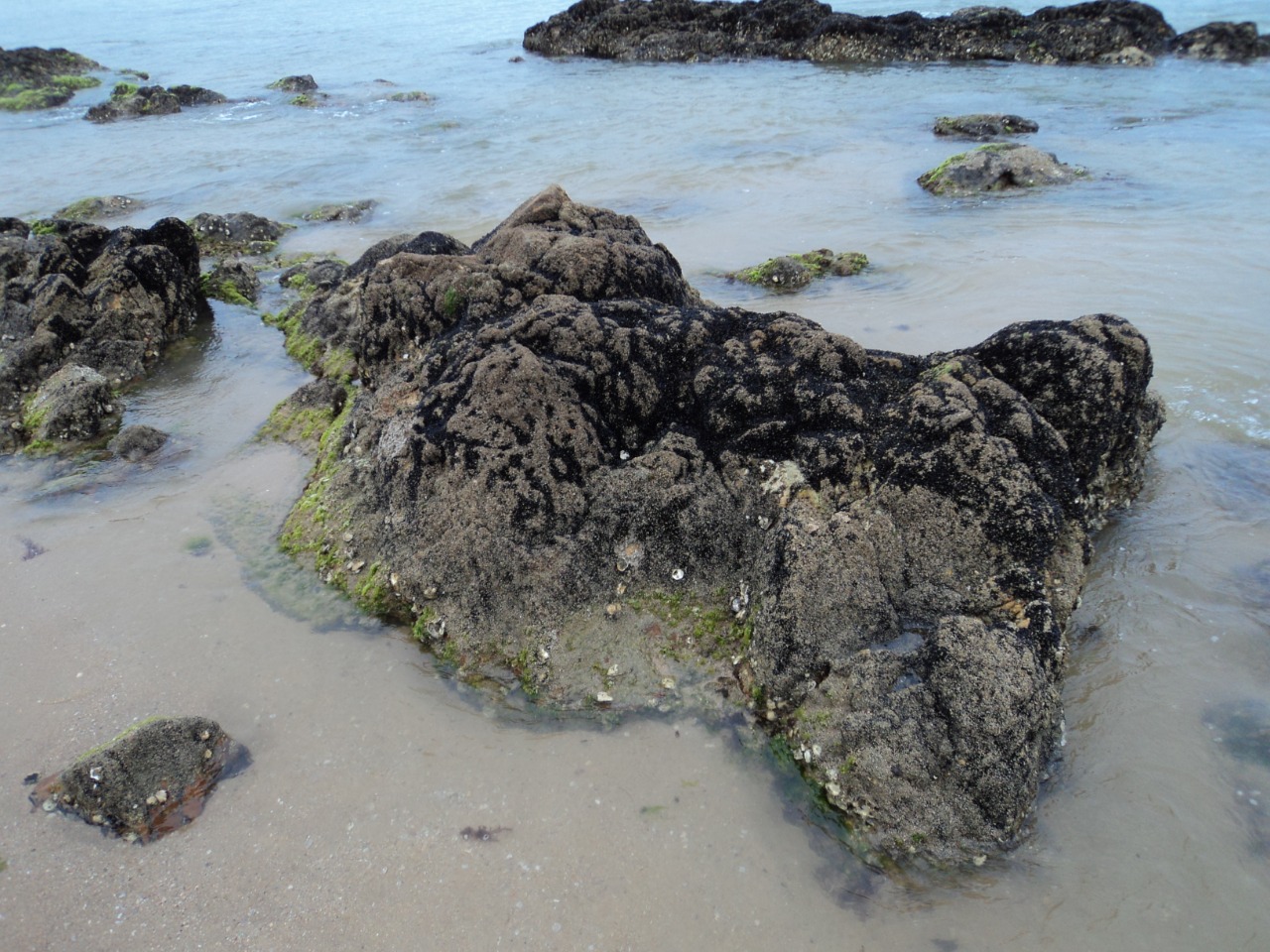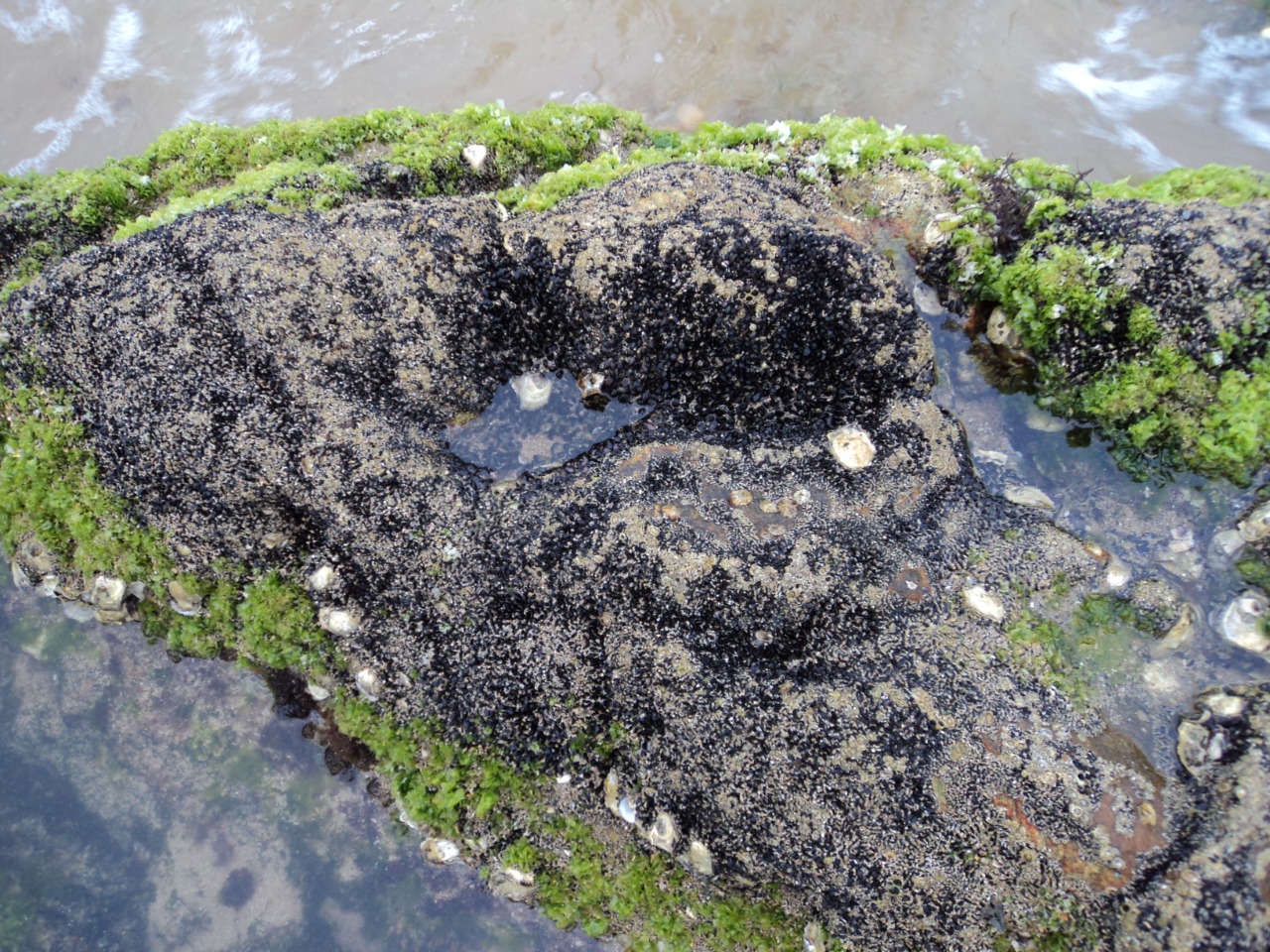PeerJ talks to Dr. Daniel Moreira from the University of Brasilia about “The role of solar radiation and tidal emersion on oxidative stress and glutathione synthesis in mussels exposed to air“ published in PeerJ Life & Environment as part of the IABO Hub. The IABO Hub is the publishing home of the International Association for Biological Oceanography, and features the latest biological oceanography research published by the members of IABO.
Can you tell us a bit about yourself?
I am Daniel Moreira, a Biologist at the University of Brasilia, where I have been studying biochemical adaptations of animals that strive in seasonally adverse environments since my early undergrad years around 2010. I have been working in the field of comparative biochemistry and physiology since then through my Masters (2012) and Doctorate (2017) degrees. I have been focused on the interplay between antioxidants and reactive oxygen species (i.e., the redox metabolism), especially during stressful situations inflicted by the environment. Recently, our research group (led by Prof. Hermes-Lima) has shifted from experimental models under strictly controlled laboratory settings to animals in the field under totally natural conditions. We have done so to better understand Preparation for Oxidative Stress in nature, without experimental intervention. Preparation for Oxidative Stress is a widespread phenomenon in the animal kingdom manifested as the upregulation of endogenous antioxidants during low oxygen stress.
Can you briefly explain the research you published in PeerJ?
In our latest paper in PeerJ, we investigated how the redox metabolism in mussels respond to emersion during low tides in the field. To do so, we collected Brachidontes solisianus specimens at several points of the tidal cycle, during which mussels were exposed to air twice in a day, with a long period underwater between these two. We measured the levels of endogenous antioxidants and markers of oxidative damage in them. One important thing is that animals were collected in a day with low solar radiation incidence. We found that mussels collected in a day with low solar radiation show no changes in any of the biochemical variables. Then, we decided to look back at our previous publication, where we found that mussels increased their glutathione synthesis when exposed to air in a day of high solar radiation incidence. Back then, we were not aware that solar radiation could play any role in the biochemical response of Brachidontes solisianus to tidal emersion. By comparing our data with previously published data, we found that air exposure alone is not enough to induce glutathione synthesis, only when animals are previously exposed to high levels of solar radiation the cumulative stress of air exposure is able to cause oxidative stress and trigger glutathione synthesis. Therefore, B. solisianus mussels express the Preparation for Oxidative Stress phenotype during tidal emersion under natural conditions only after being exposed to intense solar radiation.
How did you first hear about PeerJ, and how was your experience publishing an article in the IABO hub?
We first heard of PeerJ back at the very beginning of the journal/platform in 2013 reading some papers on comparative biochemistry by Kenneth Storey published in PeerJ. Five years later, we published a Chemistry paper in PeerJ. The recent creation of the International Association for Biological Oceanography Hub within the PeerJ platform seemed a great opportunity to submit our work on the biochemical adaptations of bivalves during tidal cycles. The experience of publishing an article in the IABO hub was smooth and great.
PeerJ Hubs are a new concept providing a sustainable Open Access solution for societies and research associations, with meaningful benefits for members. Whether your organization wants to launch its first publication, or is seeking a fully OA, funder-compliant option to complement your existing journals, a Hub could grow and develop your community, and make Open Access a more attainable and equitable option for your members.
Best of all, Hubs are free for organizations to launch!
If you are interested in discussing a Hub for your society or research association, please email [email protected] and we can send you further information.


